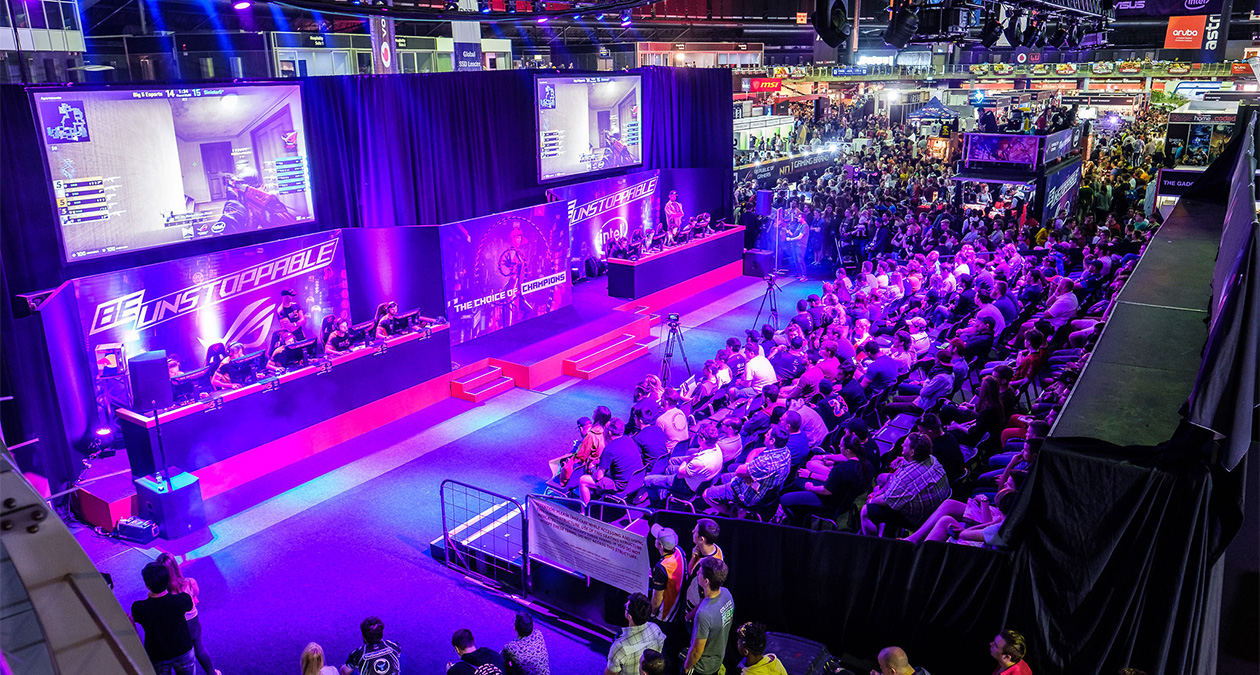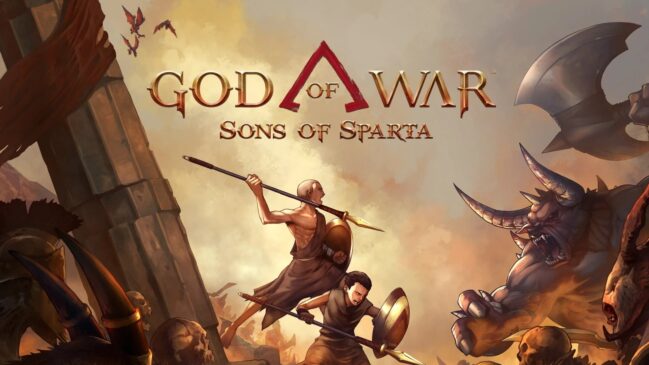
Around the world, the eSports industry is booming. Boasting an audience of millions, it has become an internationally enjoyed form of entertainment. While its biggest audiences are found in China, North America, Europe, and increasingly in India, it’s nonetheless embraced across continents, with South Africa being one of the latest countries to fall for its charms.
With an increasing number of South Africans making money from gaming competitively, there are some big names beginning to emerge. Having burgeoned from a relatively small community of professionals, tournaments are seeing competitor numbers swell – and prize pots are doing likewise.
The underlying phenomenon that’s driving this trend is simple: increased audience interest, which is growing markedly with each passing year.
A flourishing fan base
In South Africa alone, eSports is estimated to have around 40,000 ardent fans. While this may seem like a drop in the ocean when one considers how many followers the sport has globally (an estimated 400 million), it still represents a huge demographic – one that sponsors and advertisers are keen to cash in on.
Not only this, but the country’s gaming sector and eSports scene both have the potential for growth, with South Africa currently representing the continent’s second-largest economy. Clearly offering much in the way of opportunities, it is believed by many to be a largely untapped resource, making it a prize that’s ripe for the picking.
Gaming culture in South Africa

Source: Pixabay
While the size of South Africa’s economy and increasing audience interest marks it out as a potentially lucrative prospect, it has something else that the eSports sector needs in order to flourish: an established gaming culture.
This dates back to the early noughties when gaming cafes and organizations first began to sprout. In addition to video gaming, the online casino sector also flourished, so that today, there are dozens of different new casino providers existing within the country’s borders due to ongoing popularity. These offer an array of different entertainments, from online baccarat through to blackjack, and boast an extensive customer base, both from within South Africa and outside of it.
Similarly, a number of homegrown eSports teams emerged from their newly-made fan base around this time, including Damage Control, which launched in 2001 and made a concerted effort to make its mark on South Africa’s video gaming scene (which was still very much in its infancy).
Representing the country at a number of global competitions, Damage Control went on to become hugely successful, having today earned a total of $25.5 million between its members. Specializing in titles including Hearthstone and Overwatch, the group’s numerous victories helped to stimulate the emergence of many other teams, too.
With the before-mentioned sum of 40,000 people tuning into tournaments and innumerable casual gamers within the country more widely, the scene appears to be set for even greater growth moving forward.
A global sport
While South Africa’s healthy and expanding domestic gaming scene has done much to support the growth of the country’s eSports industry, it’s not the only factor at play. The wider globalization of online gaming has also done much to contribute.
That’s because, in our modern society, almost everyone has internet access, whether that’s via a desktop, smartphone, or gaming console. This applies to South Africa as much as any other country, with a booming economy helping to facilitate more widespread ownership of devices.
As well as being able to play and stream games online, individuals are able to enjoy a greater range of titles than ever before. Popular options tend to spread across the globe, with South African audiences demonstrating a particular liking for the Grand Theft Auto and Resident Evil franchises.
What’s important is the sense of variety this creates, which has helped to broaden the appeal of the sector. Offering something for everyone, this has opened up the video gaming and eSports demographic beyond affluent teenaged boys and brought it to an audience who may previously have felt excluded, thus opening up many new avenues for growth.
Burgeoning support in schools and colleges
While growing its target audience has done much to support the rise of the eSports sector in South Africa, its majority fan base remains the same: primarily younger people of high school or college age.
This is a trend that’s seen across the globe, most countries with a thriving eSports scene have a gaming culture rooted in educational institutions. The United States is a good example. Playing host to more than 30 percent of the sport’s international fan base, it has programs that promote competitive gaming in at least 20 of its colleges and dozens of high schools.
This strategy has now been adopted in South Africa, where many academic institutions have begun to invest in popularizing eSports among their young attendees. This is evidenced by the recent winners of a number of national tournaments. Notable among them is Thabo Moloi, who claimed the eFIFA title in 2018 at the tender age of 16, taking home a phenomenal 400,000 rand.
International recognition

Source: Pixabay
While much is being done to promote the sport within the country, there are also outside influences at play. Noting that South Africa’s eSports sector is thriving, a number of international brands have recently organized local tournaments.
These have included ESL, who are considered to be one of the most respected and influential eSports organizers in existence. Having now hosted several different competitions in South Africa, they have undoubtedly helped to draw the eyes of the world to this emerging gaming titan.
One of the reasons they have chosen to host events in South Africa is because the country has much to offer, including many fantastic facilities. In addition, the burgeoning interest in eSports is something that brands are keen to tap into, in order to gain a foothold in a nation that has the potential to prove incredibly lucrative in the long-term.
With many different events already in the calendar for 2020, and the sector only continuing to grow in size and scope, South Africa has everything in place to develop into an eSports superpower within the next five to ten years. We cannot wait to see what its future holds.




